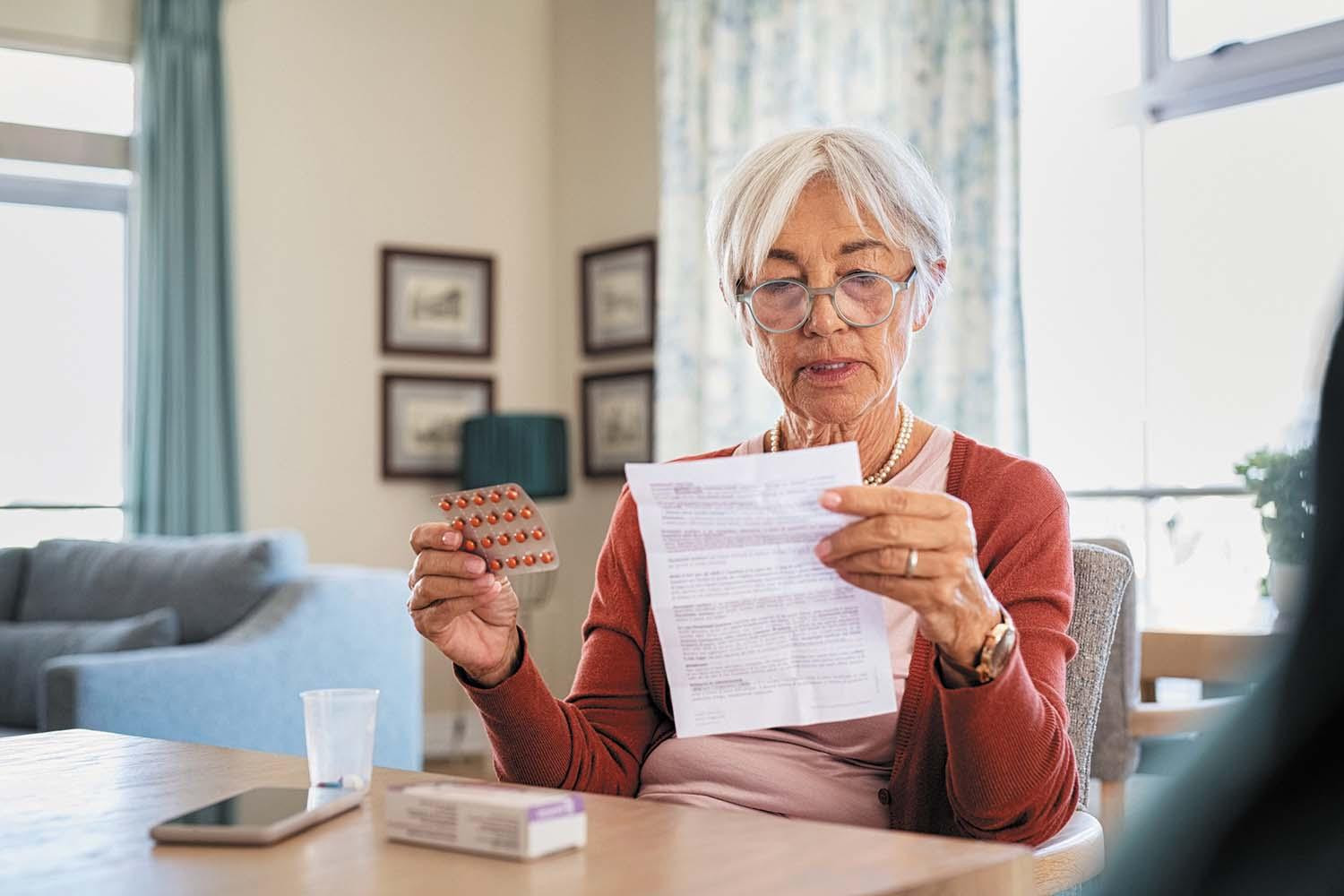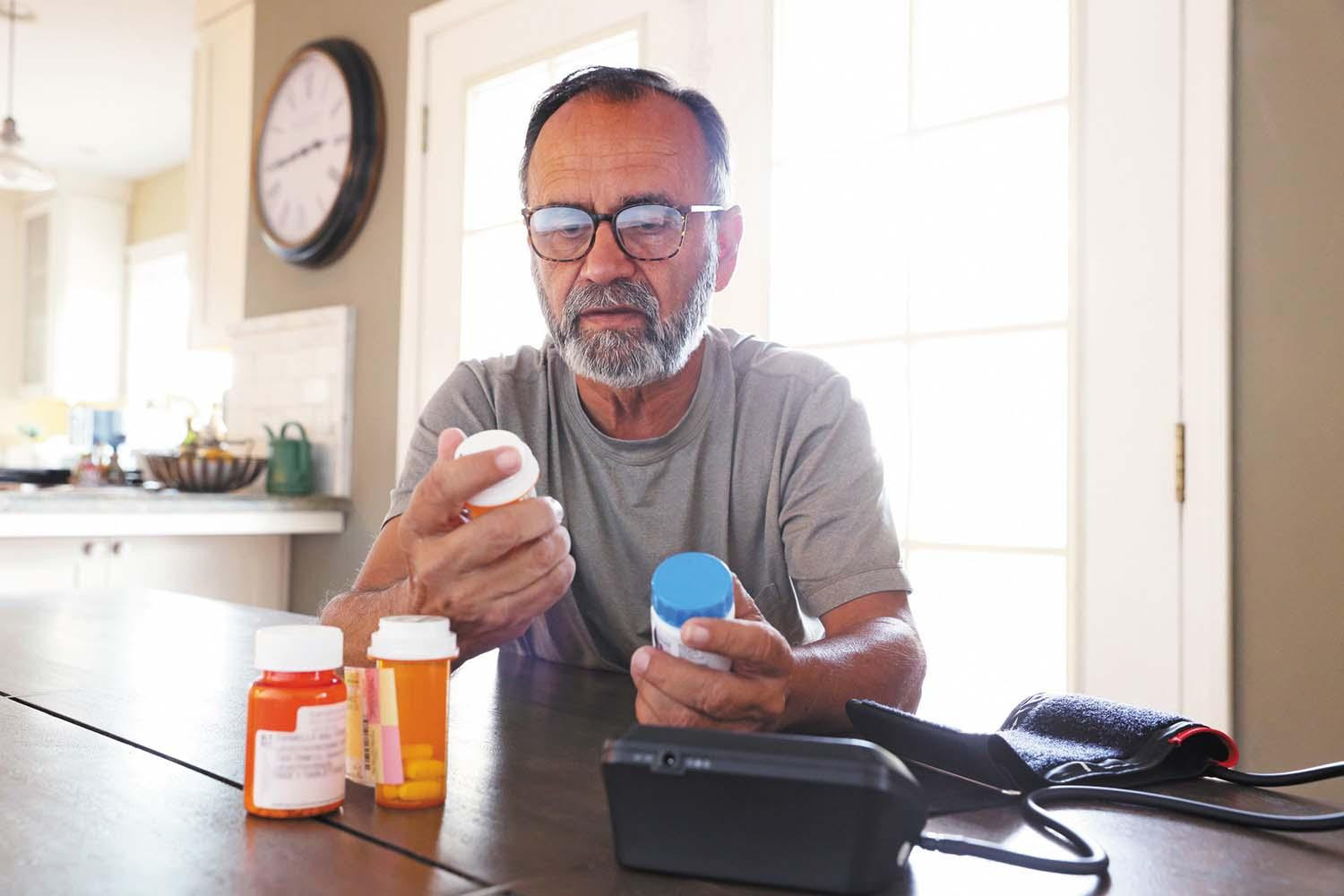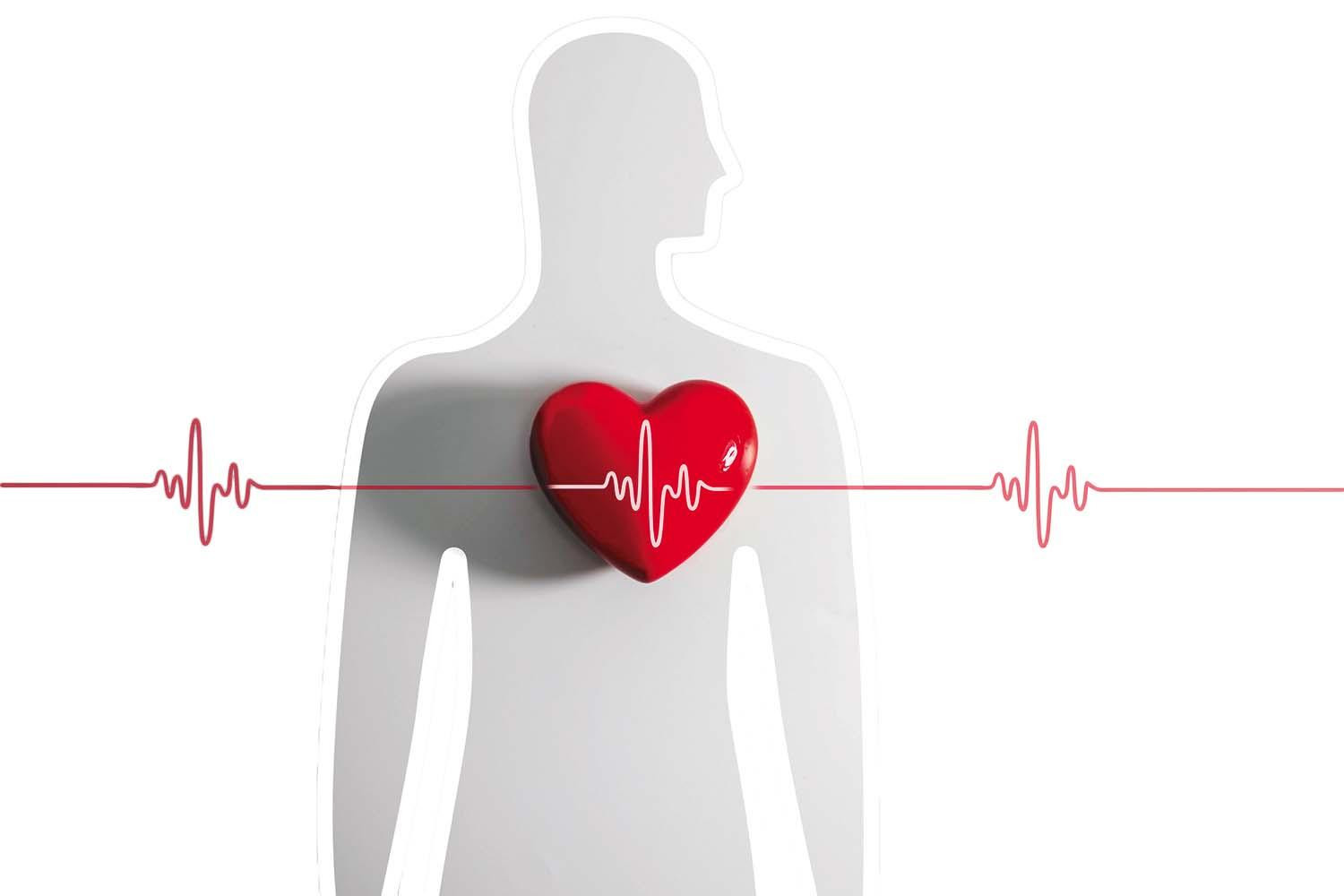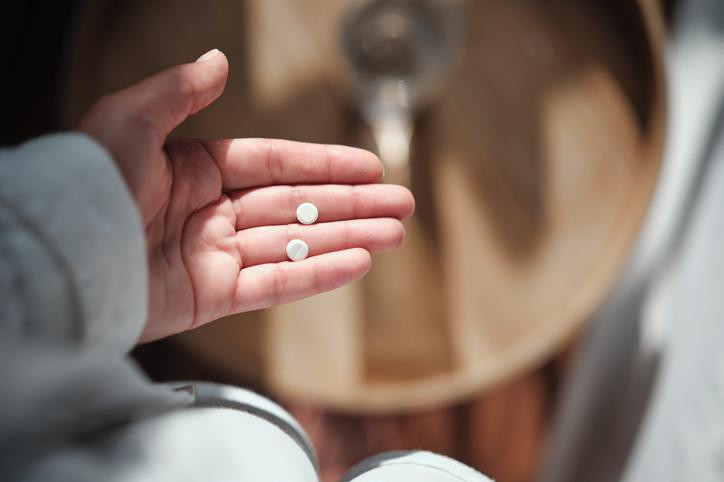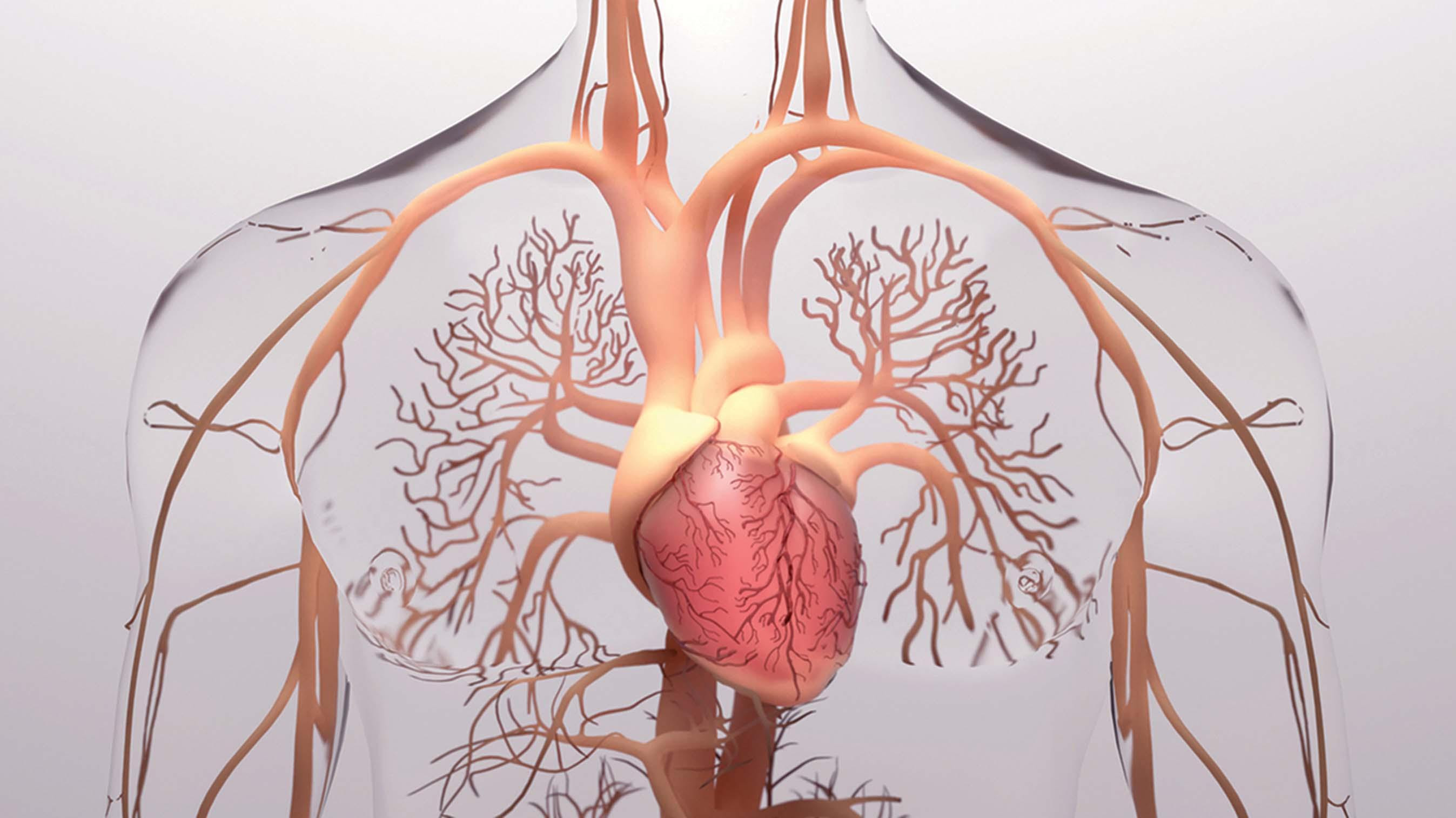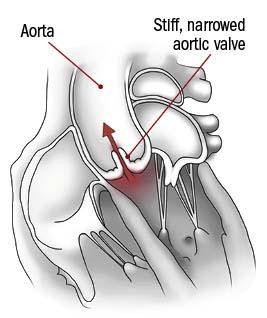
5 timeless habits for better health

What are the symptoms of prostate cancer?

Is your breakfast cereal healthy?

When pain signals an emergency: Symptoms you should never ignore

Does exercise give you energy?

Acupuncture for pain relief: How it works and what to expect

How to avoid jet lag: Tips for staying alert when you travel

Biofeedback therapy: How it works and how it can help relieve pain

Best vitamins and minerals for energy

Should you take probiotics with antibiotics?
Heart Health Archive
Articles
How do I make sense of my medication orders?
Hospital discharge instructions about medications can be complicated and confusing. Having a family member or friend along as a second set of ears during the discharge meeting can be helpful.
Infections, vaccines, and heart disease: What you need to know
Getting vaccinated against influenza (flu), COVID-19, and pneumonia is especially important for people who have cardiovascular disease. The coughing and congestion that commonly occur with respiratory infections can make breathing more difficult, and the potential drop in oxygen puts added stress on the heart. Serious infections sometimes trigger sepsis, which happens when the immune system is overwhelmed or goes into overdrive, causing symptoms such as a rapid heart rate, very fast breathing, and low blood pressure. These complications can lead to a heart attack.
Staying healthy after a heart procedure
After common heart procedures or surgeries, medications to help prevent heart attacks and strokes are essential. These include a combination of drugs to prevent blood clots (which is known as dual antiplatelet therapy and usually taken for just one year); drugs to lower LDL cholesterol down to 70 milligrams per deciliter or lower; and drugs to keep blood pressure and blood sugar in a healthy range.
When should you worry about abnormal heartbeats?
People commonly experience heart palpitations, which feel like the heart flutters or skips a beat, or beats at a faster rate or in an irregular rhythm. They often last only seconds and can be unsettling. For the most part, palpitations are nothing to worry about. Still, these unusual heart sensations may indicate something more serious, such as atrial fibrillation, supraventricular tachycardia, or ventricular tachycardia. Palpitations that persist or cause other symptoms (such as lightheadedness) should be evaluated by a doctor.
Modified DASH diet lowers blood pressure in people with diabetes
For people with diabetes, a modified version of the Dietary Approaches to Stop Hypertension (DASH) diet can lower their blood pressure. Called DASH4D, it has fewer carbohydrates, more unsaturated fat, and slightly reduced amounts of potassium.
People with Lp(a) gene variant may benefit from daily aspirin
An inexpensive blood test that checks for a genetic variant of Lp(a)—a fatty particle similar to LDL cholesterol—may help clarify who might benefit from a daily low-dose aspirin, according to a 2025 review of study findings.
High levels of ocean microplastics linked to heart-related risks
According to a 2025 study, people living near coastlines with high levels of marine microplastics had higher rates of heart disease than those living close to coastlines with less plastic pollution.
The changing nature of coronary artery disease
Growing numbers of people have microvascular disease, which is caused by problems in the network of tiny blood vessels in the heart rather than blockages in the heart’s major arteries. Evidence for this trend comes from large studies using diagnostic imaging tests coupled with heart disease registry data. Experts believe today’s higher rates of obesity, diabetes, high blood pressure, and chronic kidney disease is changing how cardiovascular disease is manifested.
Marijuana linked to doubled risk of cardiovascular death
In a 2025 analysis involving about 200 million people, those who used cannabis had a 29% higher risk for sudden heart attacks or angina and twice the risk of premature death from cardiovascular disease, compared with people who didn’t use cannabis.
Can you slow down stenosis of the aortic valve?
There are no medications to treat aortic stenosis (narrowing of the aortic valve), but several possibilities are currently being studied, including a class of drugs to treat diabetes and others that lower high lipoprotein(a) blood levels.

5 timeless habits for better health

What are the symptoms of prostate cancer?

Is your breakfast cereal healthy?

When pain signals an emergency: Symptoms you should never ignore

Does exercise give you energy?

Acupuncture for pain relief: How it works and what to expect

How to avoid jet lag: Tips for staying alert when you travel

Biofeedback therapy: How it works and how it can help relieve pain

Best vitamins and minerals for energy

Should you take probiotics with antibiotics?
Free Healthbeat Signup
Get the latest in health news delivered to your inbox!
Sign Up
